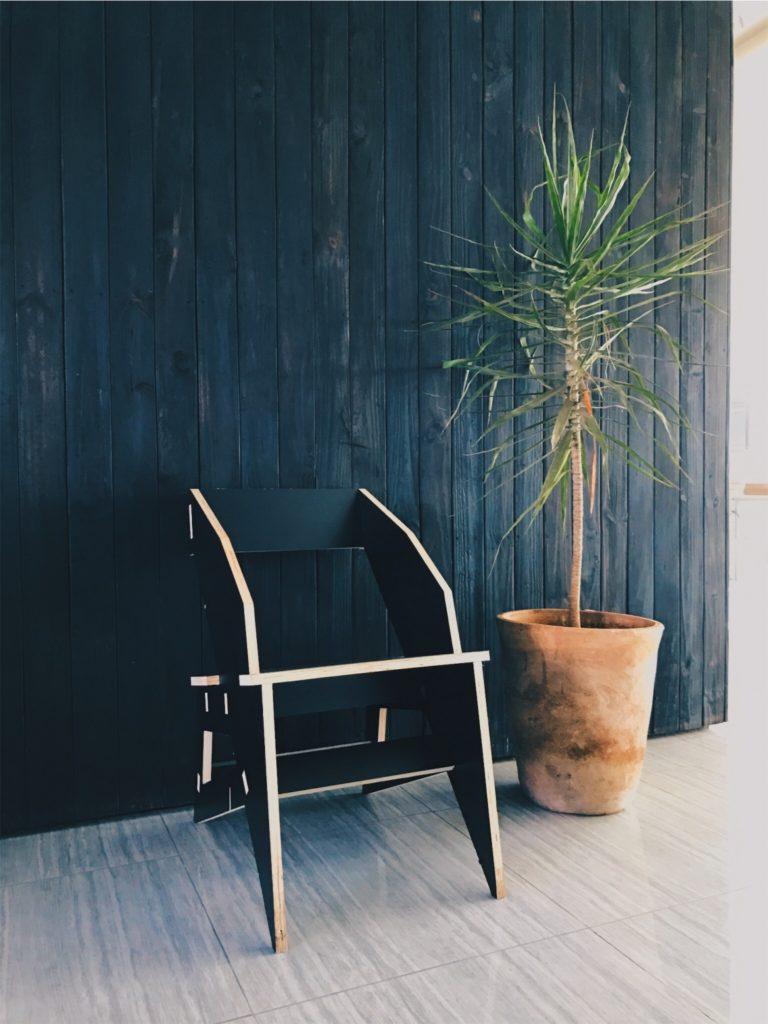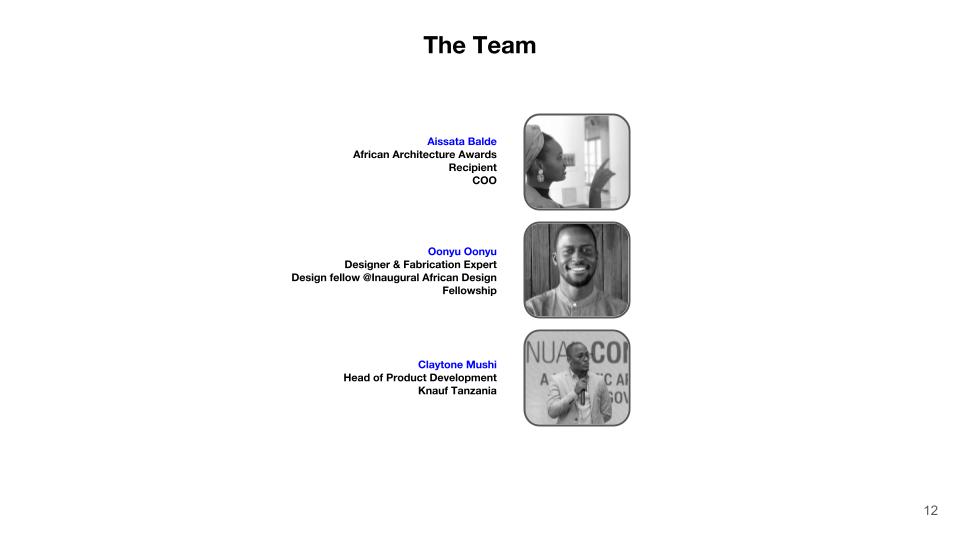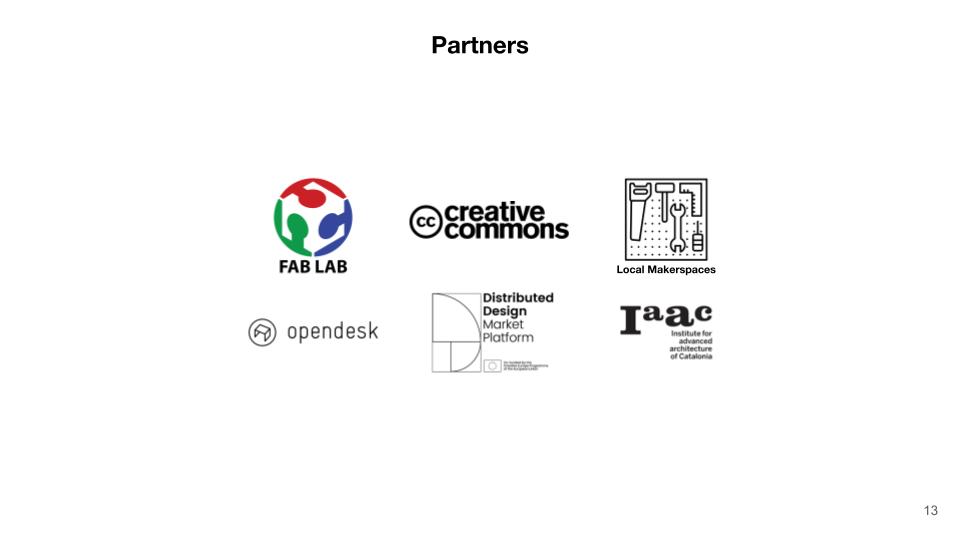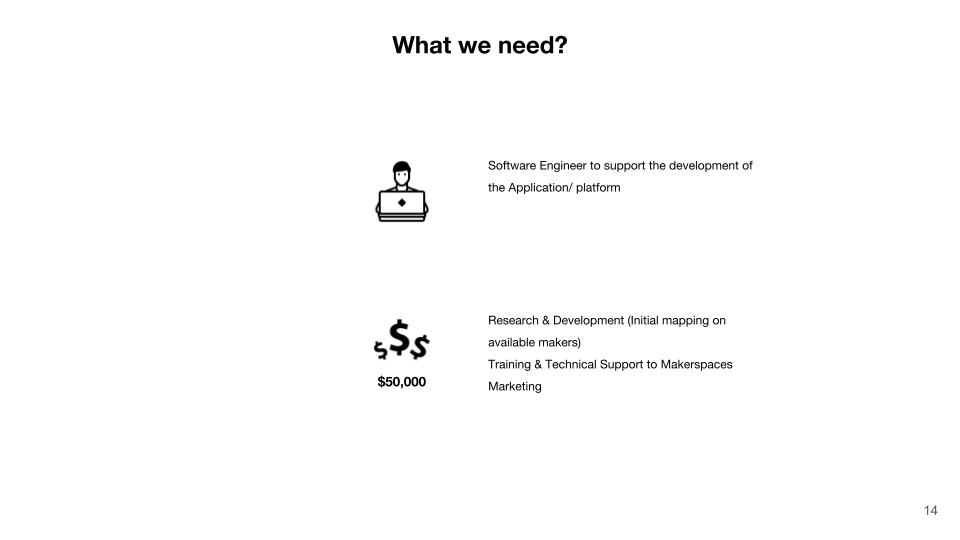
The Problem
According to the World Bank, approximately 68% of the population in Sub-Saharan Africa resides in urban areas. Similarly the International Finance Corporation (IFC) highlights the concentration of furniture imports in urban areas, causing a surge in furniture prices. For locally fabricated furniture, high production costs and inefficient supply chains contribute to expensive furniture prices in Africa, as reported by the IFC and the United Nations Economic Commission for Africa (UNECA). However, there is an increasing demand for customized and personalized furniture in African markets, driven by consumers seeking unique and culturally relevant products, as noted by Euromonitor International. The furniture sector in Africa also faces environmental challenges, as highlighted by the United Nations Environment Programme (UNEP), due to unsustainable sourcing practices and inefficient production processes. Supporting local artisans and designers is emphasized by the African Development Bank (AfDB) to enhance competitiveness, access to global markets, and drive economic growth and job creation. These statistics and trends provide a contextual backdrop supporting the hypothesis that the “Made By You” model (connecting makers to customers) can effectively address limited accessibility, high costs, lack of customization, environmental impact, and limited market opportunities for designers and artisans in the African or East African furniture market.
The Opportunity
M.B.U model aims to create a platform connecting maker spaces to clients looking to acquire low-cost precision milled furniture.
Research findings indicate that the “Made by You” business model (connecting customers to makers) holds significant potential in East Africa and Africa at large to enhance furniture accessibility, affordability, and customization through digital fabrication techniques. Initial explorations would be in Kenya and Rwanda in East Africa, specifically focusing on its impact on furniture accessibility and affordability through digital fabrication techniques such as milling.
The business model would in turn foster local manufacturing, job creation, and entrepreneurship while addressing the challenges associated with access to affordable furniture.

The Idea
The idea is to create an online marketplace that hosts independently designed furniture and connects its customers to makers.
By leveraging partnerships like the creative commons and Fablab, we use the existing dataset of furniture that has already been designed to inform a catalogue of showcase furniture for milling. In turn, individual designers whose work is featured would get royalties and bonuses for each piece of furniture that has been milled.
How it Works

Value Proposition
The value proposition of the “Made by you” Model:
For the Maker:
- Access to a Global Design Network: Made By You connects makers with a global network of designers, providing access to a wide range of high-quality furniture designs that can be produced locally.
- Business Opportunities: By partnering with Made By You, makers can expand their business prospects and tap into new markets both locally and globally.
- Skill Enhancement: Collaborating with designers and utilizing digital fabrication techniques like milling enables makers to enhance their skills and stay at the forefront of innovative furniture manufacturing.
For the Customer:
- Accessibility and Affordability: The Made By You model aims to make quality furniture more accessible to customers, even in remote areas, by leveraging local manufacturing capabilities. Additionally, digital fabrication techniques help reduce production costs, resulting in more affordable furniture options.
- Customization: Customers have the opportunity to personalize their furniture choices by adapting designs to their specific preferences, sizes, and cultural requirements, allowing for a unique and tailored experience.
- Sustainability and Environmental Consciousness: The Made By You model promotes sustainable practices by optimizing material usage, reducing waste, and minimizing environmental impact, providing customers with eco-friendly furniture options.
For the Designer:
- Global Reach and Exposure: Made By You provides designers with a platform to showcase their work on a global scale, expanding their reach and gaining exposure to new markets.
- Collaboration Opportunities: Designers can collaborate with local makers to adapt their designs to different cultural contexts, enabling them to create culturally relevant and localized furniture solutions.
- Empowerment and Fair Compensation: The Made By You model aims to empower designers by providing them with fair compensation for their designs and fostering a sustainable design ecosystem that recognizes their creative contributions.
Overall, the Made By You model offers value propositions to makers, customers, and designers, including access to a global design network, business opportunities, skill enhancement, accessibility, affordability, customization, sustainability, global reach, collaboration opportunities, and fair compensation. These value propositions contribute to the model’s potential to revolutionize the furniture industry and create a mutually beneficial ecosystem for all stakeholders involved.



Despite the potential for growth of the business model, further investment would be needed for skill development of the makers, as well as further research and exploration to assess the scalability of the business model in other regions and its potential for global growth, taking into account market preferences, cultural factors, and technology adoption rates.
Future growth

Keywords: OpenDesk.io model, East Africa, furniture industry, digital fabrication, accessibility, affordability, customization, local manufacturing, job creation, global growth.

